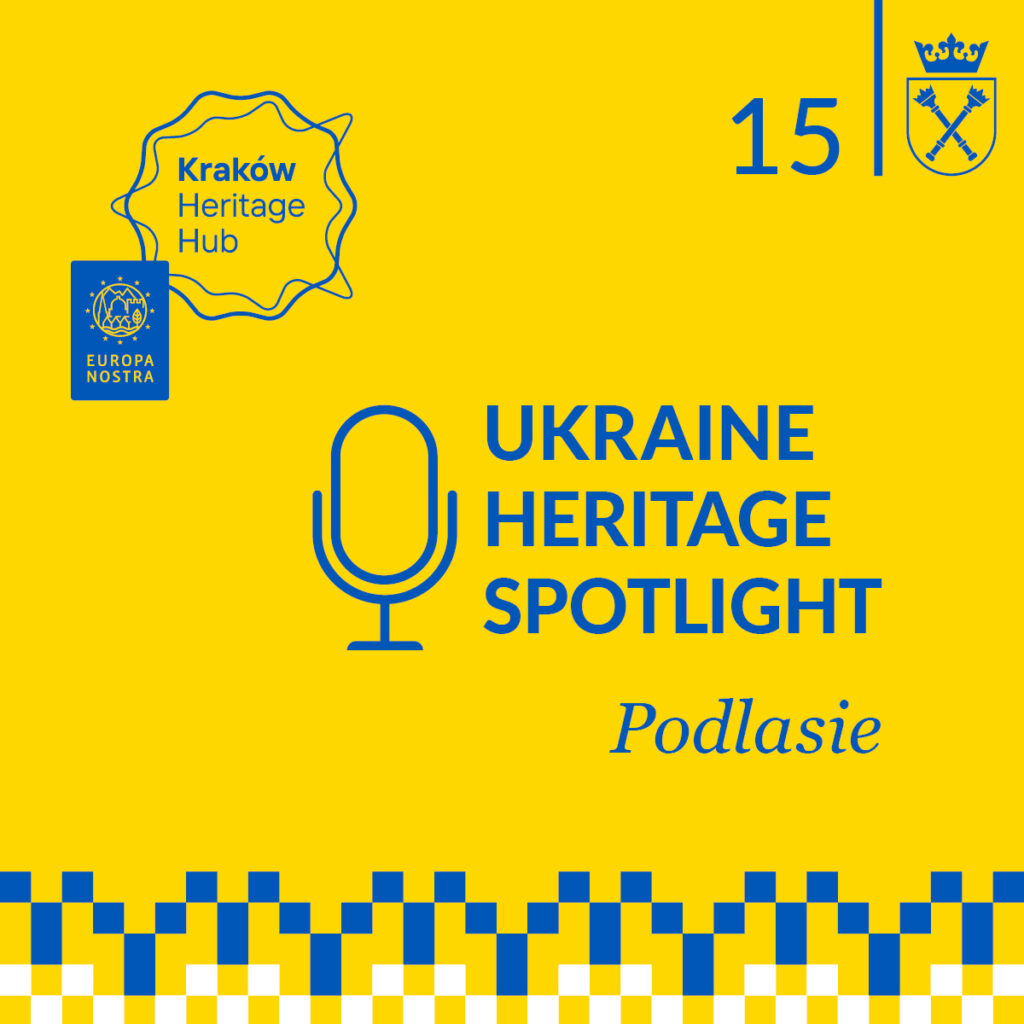We use cookies to help you navigate efficiently and perform certain functions. You will find detailed information about all cookies under each consent category below.
The cookies that are categorized as "Necessary" are stored on your browser as they are essential for enabling the basic functionalities of the site. ...
Necessary cookies are required to enable the basic features of this site, such as providing secure log-in or adjusting your consent preferences. These cookies do not store any personally identifiable data.
Functional cookies help perform certain functionalities like sharing the content of the website on social media platforms, collecting feedback, and other third-party features.
Analytical cookies are used to understand how visitors interact with the website. These cookies help provide information on metrics such as the number of visitors, bounce rate, traffic source, etc.
Performance cookies are used to understand and analyze the key performance indexes of the website which helps in delivering a better user experience for the visitors.
Advertisement cookies are used to provide visitors with customized advertisements based on the pages you visited previously and to analyze the effectiveness of the ad campaigns.
In our search for the cultural heritage of Ukrainians in Poland we have arrived in Podlasie – a region encompassing the Polish-Belarusian borderland, with the Narew river meandering through its centre and the World Heritage listed Białowieża forest straddling the border.
For decades, Ukrainian inhabitants of this land have been struggling with a harmful stereotype that this region – as a national and cultural borderland – is a contact point between Poles and Belarusians. This has seemingly condemned the ethnically Ukrainian population of this area to oblivion. Yet a great many Orthodox inhabitants of the villages and towns between the Bug and the Narew rivers belong to the Ukrainian ethnic area in terms of language, material culture and folklore.

The cultural identity of Ukrainians who are still living in the area is strong, but they indicate that it’s fading. People are moving out to other regions or abroad, children don’t use the language of their grandparents any longer in their daily communication, and in the meantime whatever traditional architecture remains is falling apart.
However, all is not lost, and it would be skepticism to say that it was too late to keep this heritage alive. The Kraków Heritage Hub’s John Beauchamp together with Katarzyna Jagodzińska are at a local privately-owned open-air museum, Skansen Koźliki, where they meet Jerzy Misiejuk to find the tangible essence of Ukrainian Podlasie.
Also in the episode, we meet a number of local activists and researchers connected to the Podlasie Scientific Institute in Bielsk Podlaski. We hear from journalist Jerzy Gawryluk, the editor-in-chief of local Ukrainian-language newspaper Nad Buhom i Narwoju, local poet Eugenia Gawryluk,teachers Elżbieta Tomczuk from Bielsk Podlaski and Irena Wiszenko from Czeremcha, the home of the Hiłoczka Ukrainian youth song ensemble. We also meet Maria Ryżyk, head of the Association of Ukrainians in Podlasie and a member of the local council in Bielsk Podlaski.
This podcast was produced as part of the “Intangible Cultural Heritage of Ukrainians in Poland: Mapping and Dissemination” project realised by the Faculty of International and Political Studies at the Jagiellonian University with the Europa Nostra Heritage Hub in Kraków. The project is led by Dr Olga Kich-Masłej from the Department of Polish-Ukrainian Studies.
The funding was provided by the Strategic Programme Excellence Initiative at the Jagiellonian University.
– – – – –
Projekt jest współfinansowany przez Unię Europejską i Miasto Kraków.